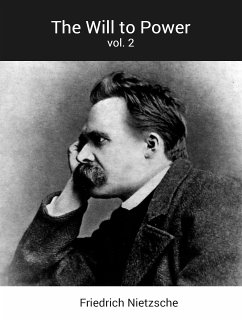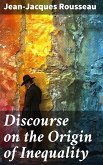In "The Origin and Development of the Moral Ideas," Edward Westermarck embarks on an ambitious exploration of morality's evolution through a comprehensive anthropological lens. The book, characterized by its analytical rigor and clarity of prose, critiques prevailing moral philosophies while situating moral concepts within the context of human social development. Westermarck meticulously investigates diverse cultural practices and the historical underpinnings of moral sentiments, revealing a nuanced interplay between instinctual human behavior and societal norms that govern ethical conduct. Edward Westermarck, a prominent Finnish philosopher and sociologist, was deeply influenced by his fieldwork experiences and exposure to various cultures, which informed his understanding of morality as a social construct rather than an inherent trait. His background in anthropology and commitment to naturalistic inquiry are evident throughout this seminal work, as he synthesizes insights from psychology, sociology, and history to articulate a comprehensive theory of moral ideas that resonates with contemporary debates on ethics and morality. This scholarly examination is essential reading for anyone interested in the philosophical underpinnings of morality and its implications in modern society. Westermarck's groundbreaking insights not only challenge traditional moral doctrines but encourage readers to critically assess their own ethical beliefs in a complex, interconnected world.
Dieser Download kann aus rechtlichen Gründen nur mit Rechnungsadresse in A, B, BG, CY, CZ, D, DK, EW, E, FIN, F, GR, H, IRL, I, LT, L, LR, M, NL, PL, P, R, S, SLO, SK ausgeliefert werden.









